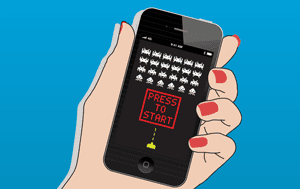#PIPsters (personal information players)

Research carried out among online gamers by The Future Laboratory for Confused.com found that more than half would divulge personal information in return for a little something. 35% of people in the UK have already used a self-quantifying app or service to monitor their fitness levels, mental health, and sleep patterns. To download and read the full report see here . Dubbed PIPsters (personal information players), this group of tech-savvy consumers are more than aware that their personal information is in great demand, and they are happy for it to be used as long as they get something in return. One person I have backed on Kickstarter is Zannier who sold his data on Kickstarter



